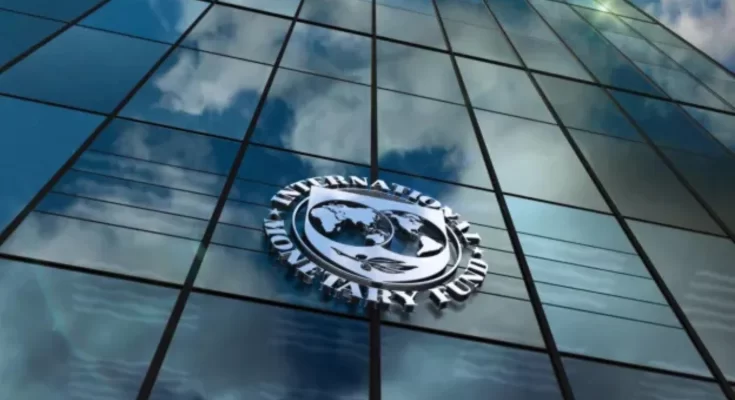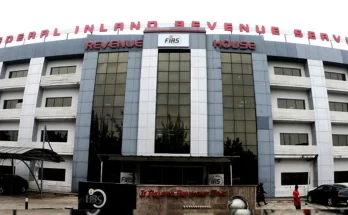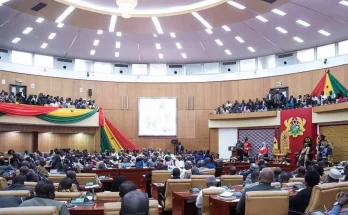Nigeria: IMF Endorses New Tax Law. Following the signing into law of the Nigerian Tax Law last week, the International Monetary Fund (IMF) expressed support for Nigeria’s sweeping tax reforms, calling them a vital step toward creating a more transparent and modern tax system. However, the Fund cautioned that the anticipated revenue boost may take time to materialise.
This position was outlined in the IMF’s recently released 2025 Article IV Consultation Report, which provided an assessment of Nigeria’s economic outlook and fiscal trajectory.
A Major Overhaul of Nigeria’s Tax Framework
Last Thursday, Nigeria’s Senate passed the consolidated Nigerian Tax Act 2025, merging four key tax-related bills into a single legislative framework. These include the:
- Nigerian Tax Act
- Nigerian Tax Administration Act
- Nigerian Revenue Service Act
- Joint Revenue Board Act
The new law seeks to simplify the country’s fragmented tax structure, improve compliance, and lay the groundwork for more efficient tax administration across all levels of government.
A Welcome Development for Compliance and Enforcement
The IMF commended the effort, noting that the reforms, originally proposed by the Presidential Committee on Fiscal Policy and Tax Reforms, could significantly boost Nigeria’s tax-to-GDP ratio—currently among the lowest in the world.
“Staff welcomes the adoption of the four tax reform bills that will modernise Nigeria’s tax system, incentivising compliance and enhancing enforcement,” the report stated.
The IMF particularly highlighted expected gains in Value Added Tax (VAT) and Company Income Tax (CIT), as well as improvements in excise duties and tax administration through digital systems and data cross-checks.
WHO Unveils Global Health Tax Initiative to Tackle Chronic Disease
Projected Revenue Gains — But Not Immediately
According to IMF estimates, the full reform package could yield an additional 4.2% of GDP in revenue over time, broken down as follows:
- 1.2% from VAT reforms, including new levies on fuel and e-invoicing
- 1.0% from company tax adjustments such as minimum taxes on multinationals
- 0.1% from excise tax expansions (e.g., telecoms and gaming)
- 1.8% from administrative improvements and compliance tracking
However, the Fund warned that most of these gains will not be realised in 2025.
“Given that tax policy reforms under consideration are not expected to deliver significant revenue gains in 2025, adjustments would have to come from the expenditure side,” the report noted.
No Immediate VAT Rate Hike — For Good Reason
The IMF also supported Nigeria’s decision to delay an increase in the VAT rate, citing concerns about rising poverty and food insecurity. The federal government is still in the process of rolling out a cash transfer system aimed at cushioning the impact on vulnerable households.
But the delay comes at a cost. The IMF estimates that avoiding the VAT hike could reduce total government revenue by up to 0.5% of GDP, putting additional pressure on states and local governments to either cut spending or source alternative revenues.
Risks to the Fiscal Outlook
The report flagged possible budget overruns in 2025, particularly if:
- Fuel subsidy savings are not properly accounted for
- Oil revenue projections turn out to be overly optimistic
“Absent policy actions, the fiscal deficit in 2025 would exceed budget expectations,” the IMF warned.
Recommendations Going Forward
To maintain fiscal stability, the IMF recommended that Nigeria adopt a neutral fiscal stance next year while:
- Prioritising investment in growth-enabling infrastructure
- Expanding support programs for vulnerable groups
- Increasing the efficiency of public investment
- Gradually reintroducing targeted tax policy measures once the economy stabilises
The report concluded that sustained tax reforms—alongside disciplined spending and strong governance—are essential to achieving macroeconomic stability and ensuring fiscal sustainability in the medium term.




